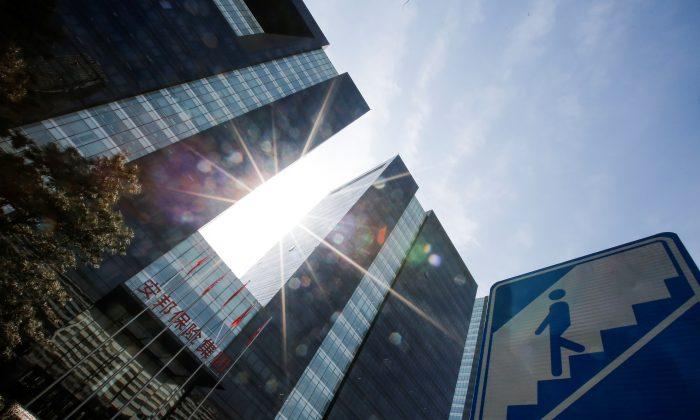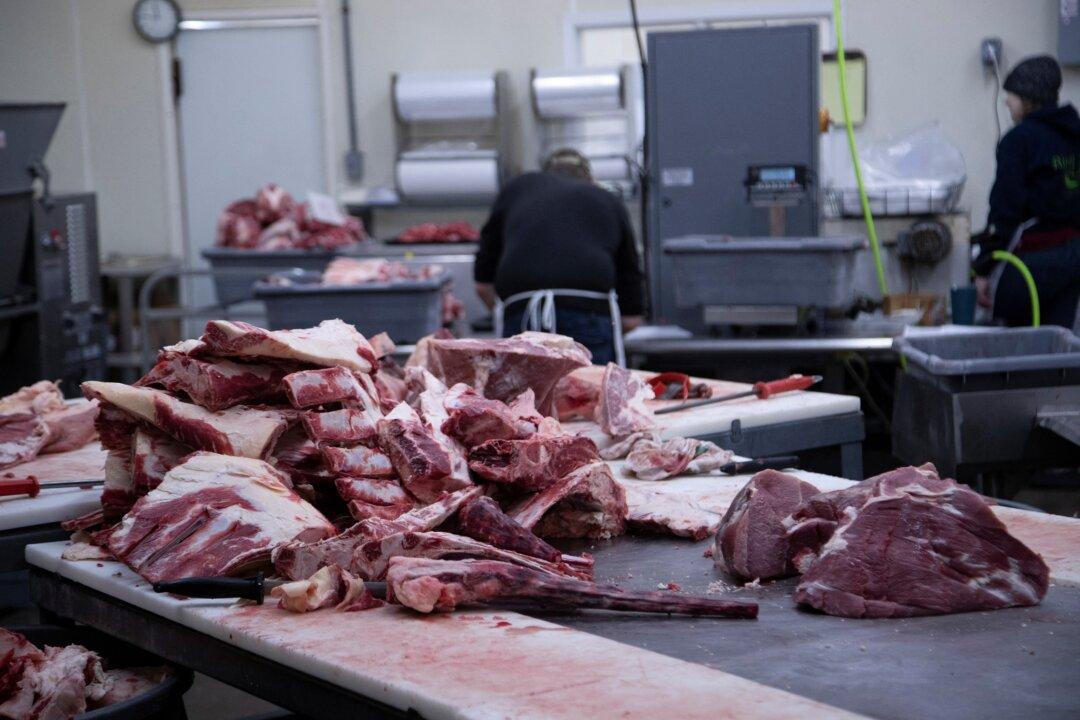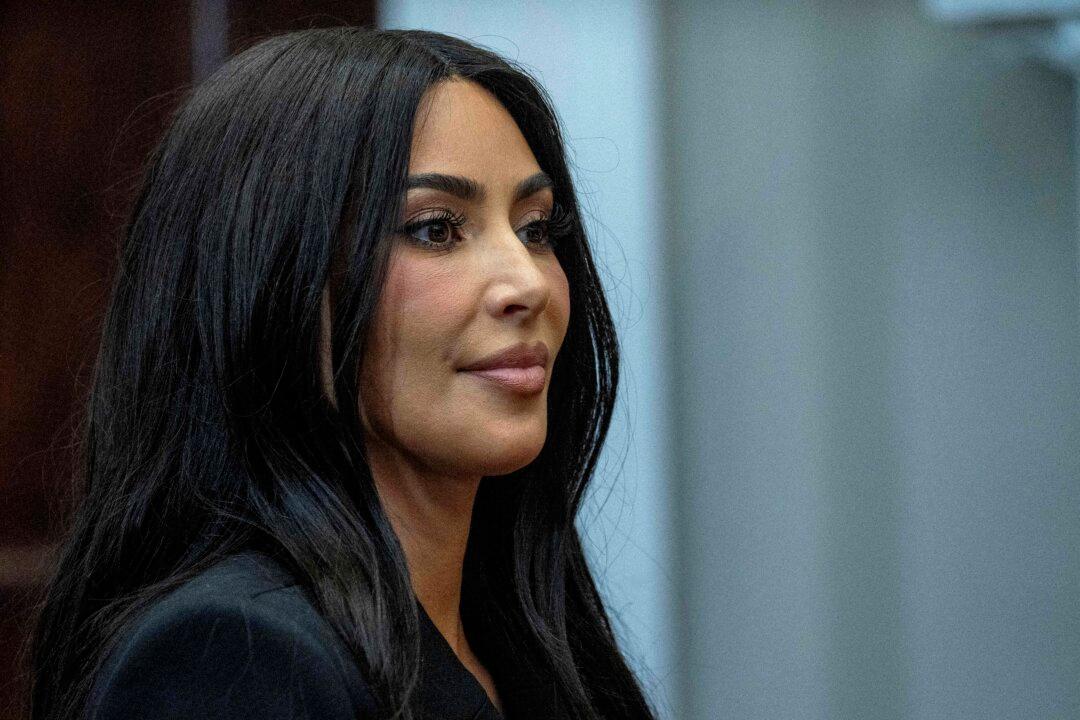Anbang said it would sell 77.7 percent of its stake in Hexie Health Insurance through its property and casualty insurance subsidiary, and the remaining portion to five companies including Fujia Group, a private commerce company.
Fujia Group will take a 51 percent controlling stake after the deal, the statement said.
Anbang did not reveal the size of the deal, which requires approval from the China Banking and Insurance Regulatory Commission (CBIRC).
The move comes as regulators seek to speed up the process of selling Anbang’s assets to minimize financial risks. Anbang was one of the most aggressive Chinese buyers of foreign assets a few years ago, using leveraged loans and risky short-term financing tools.
More than 1 trillion yuan ($145.4 billion) worth of Anbang assets had been or were in the process of being disposed, CBIRC Vice Chairman Liang Tao told reporters on July 4.
The regulator also would cut the portion of Anbang’s risky short-term insurance products to under 15 percent of its total insurance products by 2019, Liang said.
“For the next step, the takeover team will steadily introduce strategic investors to Anbang and push forward its restructuring,” Liang said, without elaboration.
China has formed a new company called Dajia Insurance Group to take over the assets of Anbang, according to sources familiar with the matter and a government document. The new group was led by He Xiaofeng, the head of Anbang’s takeover team.
Wu illegally raised 65.2 billion yuan through the sale of insurance products beyond regulatory limits, and embezzled 10 billion yuan from Anbang’s insurance fund.
Wu is one of the highest-profile business executives reeled in by Chinese leader Xi Jinping’s sweeping anti-corruption efforts.
The source said Wu had helped the Zeng family and other members of the Jiang faction to launder money overseas, while using his business dealings to spy on and influence foreign dignitaries.
($1 = 6.8763 Chinese yuan)





